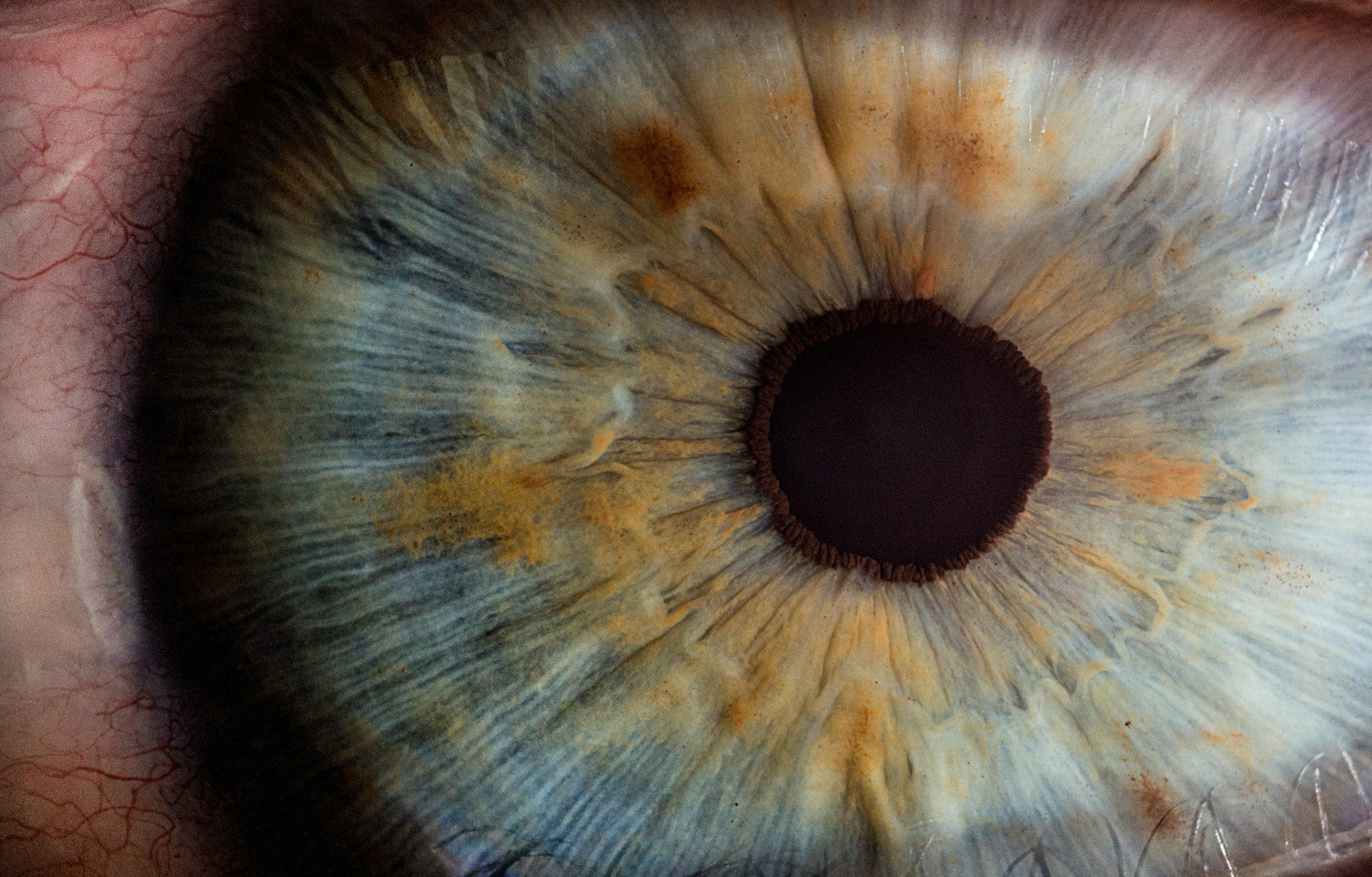Individuals who take Ozempic or Wegovy might have a higher risk of fostering a rare type of visual impairment, a new review proposes.
In any case, specialists say it shouldn’t discourage patients from utilizing the drugs to treat diabetes or obesity.
Vision Loss

Last summer, specialists at Mass Eye and Ear saw a strangely large number of patients with non-arteritic anterior ischemic optic neuropathy, or NAION, a kind of eye stroke that causes unexpected, painless vision loss in one eye.
The condition is fairly uncommon — up to 10 out of 100,000 individuals in the general population might encounter it — yet the specialists noted three cases in a single week, and every one of those patients was taking semaglutide prescriptions.
Increased Risks

A review of six years of clinical records showed that individuals with diabetes were four times more likely to be diagnosed with NAION on the off chance that they were on a semaglutide prescription.
Additionally, people who were overweight or obese were over seven times likelier to encounter the condition assuming they were taking the drug. The risk was viewed as most common within the first year of starting semaglutide medication.
Study Limitations

The study, which was published on Wednesday in the medical journal JAMA Ophthalmology, does not demonstrate that semaglutide drugs cause NAION.
What’s more, the modest number of patients — an average of around 100 cases were reported every year — from one specialized clinic may not have an impact on a more extensive populace.
Novo Nordisk Response

Novo Nordisk, the producer of the only semaglutide prescriptions in the US, stressed that the information in the new review isn’t adequate to lay out a causal relationship between the utilization of semaglutide drugs and NAION.
“Patient safety is a top priority for Novo Nordisk, and we take all reports about adverse events from the use of our medicines very seriously,” an organization representative wrote in an email to CNN.
Semaglutide Medications

Semaglutide medications have taken off in the US, which could raise the number of individuals in danger of experiencing this side effect.
Additionally, after glaucoma, NAION is the leading cause of optic nerve blindness.
Physician Advice

In any case, even with an expanded risk, the condition remains generally unprecedented.
“The use of these drugs has exploded throughout industrialized countries and they have provided very significant benefits in many ways, but future discussions between a patient and their physician should include NAION as a potential risk,” lead specialist Dr. Joseph Rizzo, head of the neuro-ophthalmology at Mass Eye and Ear and a teacher at Harvard Clinical School, said in a news statement.
Significant Findings

Rizzo went on to state: “Our findings should be viewed as being significant but tentative, as future studies are needed to examine these questions in a much larger and more diverse population.”
Specialists concur that the expected risk of NAION shouldn’t dissuade the utilization of semaglutide meds to treat diabetes or obesity.
“Ever-Changing Landscape”

“In the ever-changing landscape of systemic therapies, being vigilant for potential new disease associations is a duty we all share on behalf of patients,” Susan Mollan, an ophthalmologist with the University Hospitals Birmingham in the UK wrote in a related statement.
However, the huge number of individuals who are taking semaglutide ought to raise certainty that the outright risk of acquiring NAION subsequently is minimal.
Unknowns

The ways that semaglutides interact with the eyes are not fully known as of yet.
What’s more, the specific reason for NAION isn’t known either. The condition harms the optic nerve, however, there is in many cases no prior notice before vision loss.
Influence on Vision

Changes in glucose levels can influence the state of an eye’s focal point and may influence vision, said Dr. Disha Narang, an endocrinologist and overseer of obesity medication at Endeavor Health in Chicago.
Also, the utilization of semaglutides, which instruct the body to make more insulin to diminish glucose, has been recently connected to impermanent vision changes — new or worsening instances of diabetic retinopathy, or harm to veins at the rear of the eye — likely connected with the quick improvement of blood sugars.
FDA Notice

The US Food and Drug Administration-supported labels for both Ozempic and Wegovy include vision changes among possible secondary effects.
Novo Nordisk is investigating the connection between semaglutide use and diabetic retinopathy in a trial that they hope to finish in 2027.
“Patient safety is paramount at the FDA and we continuously review available sources of data and new information on potential risks of drugs, including GLP-1 receptor agonists, and update labeling as needed to communicate new information on potential risks to healthcare providers and to patients as soon as possible,” Chanapa Tantibanchachai, a press official with the FDA, told CNN by email.
